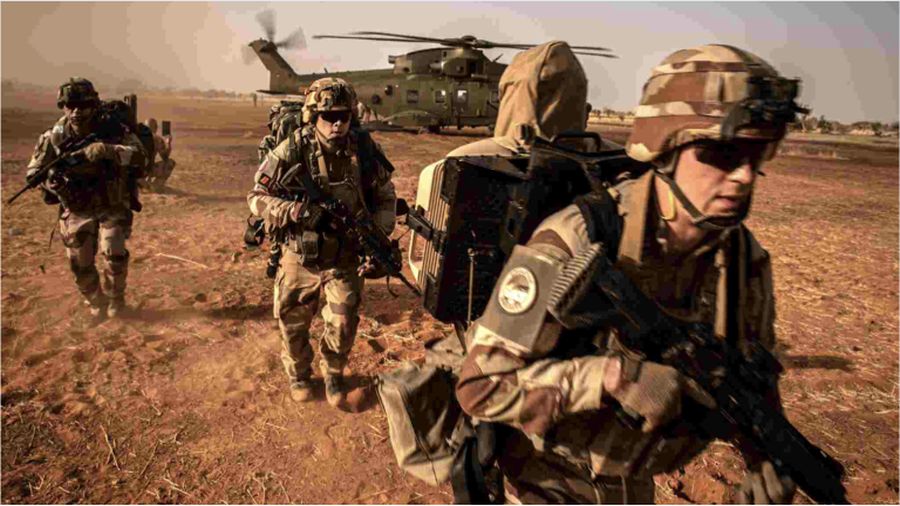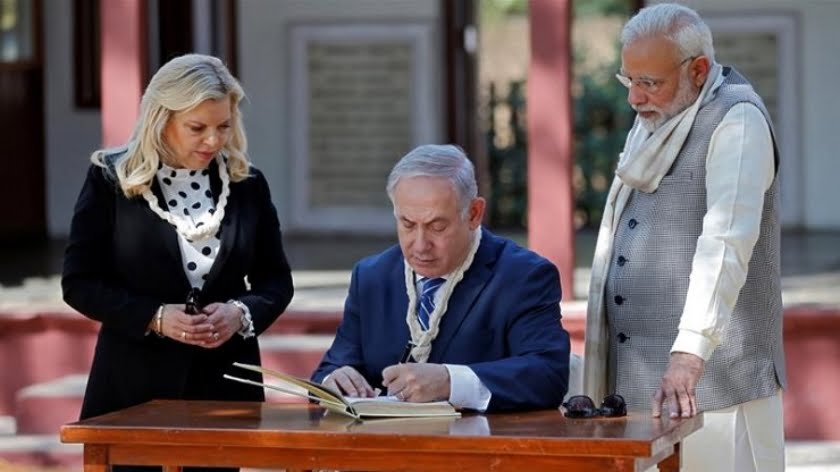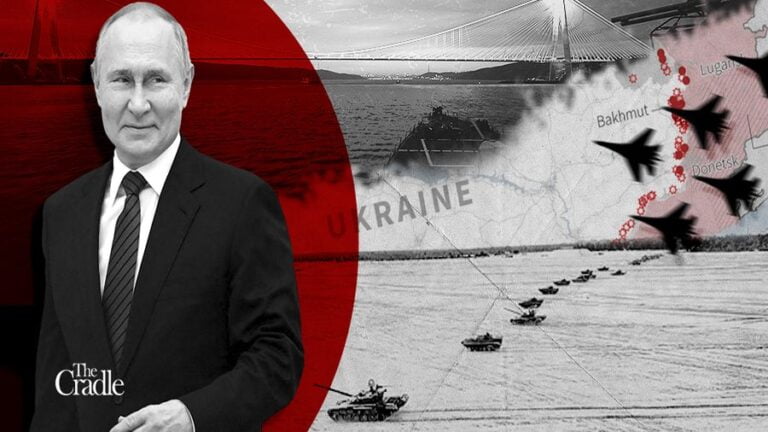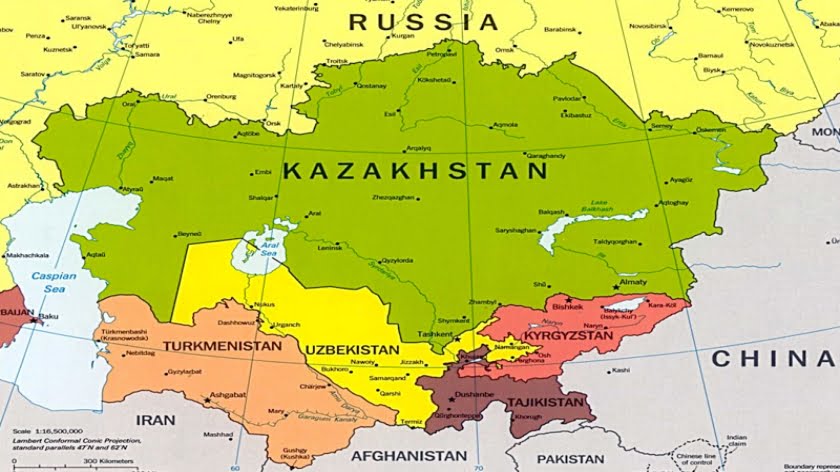French Invasion of Niger could Turn Into an “All-out Franco-African War”?
Ever since the Nigerien military under the command of General Abdourahamane Tchiani took power on July 26, there has been an exponential increase in tensions between Niamey and its former colonial masters in Paris. This has gone to the point where France is now seriously considering invading the West African country. The exploitation of “former” French colonies has continued unabated for over half a century even after they were granted a semblance of independence and Paris has been the main beneficiary of this one-sided relationship. Combined with France’s inability to deal with various terrorist insurgencies in the region, this unadulterated neocolonial theft has been the primary reason behind a series of popular uprisings in the Sahel.
Paris is now faced with a strategic dilemma. If it lets Niger continue its path toward actual independence, France will be unable to continue exploiting the country’s natural resources. Namely, several of its former colonies have served as a source of massive wealth extraction and given the recent troubles Paris is facing, these resources might be more important than ever. On the other hand, recent geopolitical changes in the area have left France largely impuissant. After the defeat of its nearly decade-long intervention in Chad last year, Paris has been left with bases in Ivory Coast, Senegal and Gabon. Neither of these can be used effectively as a staging ground for an invasion due to the limited number of troops stationed there.
However, even if France was to somehow find enough soldiers to launch the invasion, none of the three countries border Niger. Gabon is the least logical option, as Cameroon and Nigeria stand between it and Niger, leaving only bases in Senegal and Ivory Coast as viable possibilities.
And yet, this is where the issues of basic geography for Paris stop and actual geopolitical ones start. Namely, in order to effectively use its forces from both countries to reach Niger, France needs to go through Mali and Burkina Faso, both of which have already stated that any military action against Niamey will be tantamount to aggression against them. In other words, if France wants to attack Niger, it will also need to attack two more African countries.
A possible alternative for Paris could be the use of its neocolonial influence in the ECOWAS (Economic Community of West African States, also known as CEDEAO in French and Portuguese). However, this leaves its members at risk of more anti-Western uprisings, as the belligerent power pole is deeply unpopular in the area. Some members of the ECOWAS, such as Nigeria, might be the best geographical option, but given the fact that Paris has little to no influence in Abuja, this is extremely unlikely. Not to mention the fact that Nigeria has more than enough problems of its own and the last thing it needs is to serve as the staging ground for a neocolonial invasion. Logically, this leaves Chad as the only option, but this too is a very long shot.
To make matters worse for France, Algeria has joined the chorus of Niger’s allies.
The French archrival that spearheaded the independence of many of its “former” colonies in the 1960s is effectively an African superpower, heavily armed and highly motivated to never allow Paris or any other Western (neo)colonial power to establish a firm foothold in the region.
This still leaves Chad as the only viable option for an invasion, as the country was an instrumental staging ground for virtually all French military operations in the area, including the illegal invasion of Libya. However, reaching Chad at this point is easier said than done and this still leaves most of the geopolitical issues unresolved. Also, all geographical considerations remain.
Namely, the Nigerien capital of Niamey is located in the southwestern corner of the country, close to the border with Burkina Faso. Thus, even in the unlikely case that none of its neighbors intervene, Niger is still left with a comfortable window of opportunity to resist the invasion.
This could end in a disaster for France, as yet another military defeat in the area would inevitably lead to a complete collapse of the neocolonial system it left in place in the 1960s. On the other hand, if Paris doesn’t intervene, this will happen anyway, albeit at a somewhat slower pace. Either way, the dilemma inevitably results in a geopolitical catch-22, as leaving things as they are could also encourage others to revolt against Western neocolonialism elsewhere in Africa and possibly beyond.
As for France’s NATO allies, they’ve been largely quiet and non-militant, including the United States (a rather uncommon feature in their usually belligerent foreign policy).
Washington DC has a military base in the central part of the country, the Niger Air Base 201, run by US AFRICOM (African Command), but its operational capabilities are mostly limited to drone strikes, with the troops deployed there largely composed of a skeleton crew that provides basic security.
Coupled with the recent cooling of US-French relations, this makes it highly unlikely that the Pentagon would give the go-ahead for any sort of American involvement in a possible French invasion, even though it’s in Washington DC’s interest to keep Western neocolonialism in Africa alive for as long as possible.







